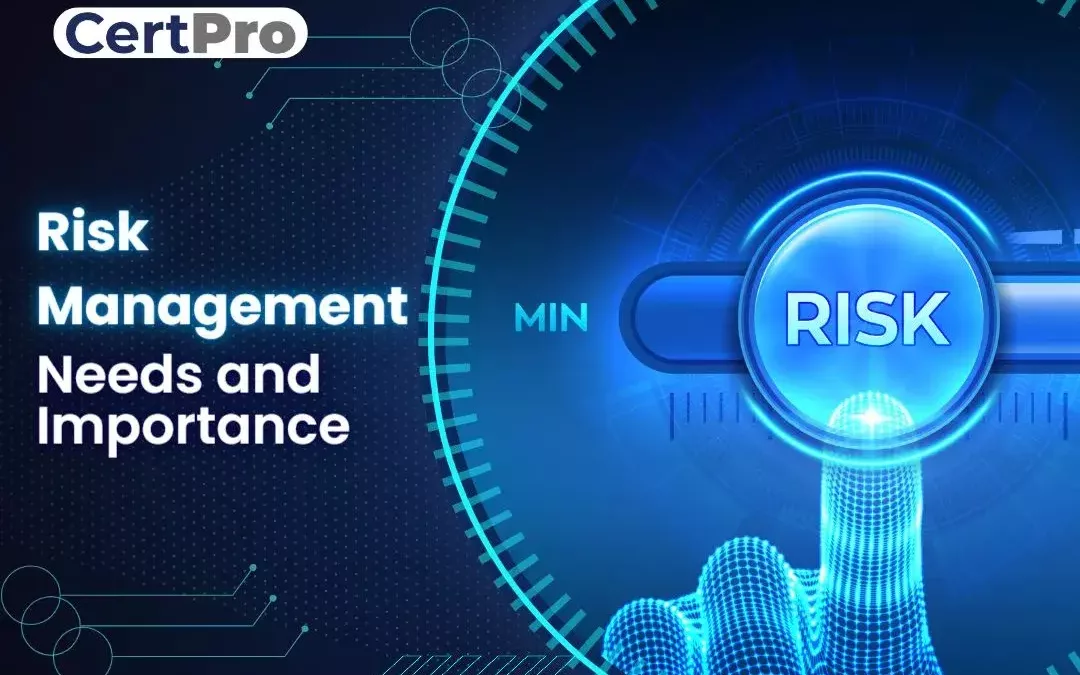The Importance and Importance of Risk Management in Ensuring Business Continuity
The Importance and Importance of Risk Management in Ensuring Business Continuity
Blog Article
The Importance of Recognizing the Significance of Risk Management in Numerous Industries

The Core Principle of Risk Management and Its Function
Risk Management, the keystone of many markets, hinges on the recognition, analysis, and reduction of uncertainties in an organization environment. By properly determining prospective dangers, services can establish methods to either prevent these dangers from happening or lessen their impact. Once risks have been recognized and examined, the mitigation procedure includes designing approaches to reduce their possible effect.
Benefits of Applying Risk Management in Service Operations

Unveiling the Function of Risk Management in Different Industries
While every market confronts its special collection of dangers, the application of Risk Management approaches continues to be an usual in their quest of sustainability and development. In the healthcare sector, Risk Management requires guaranteeing individual security and information security, while in money, it involves mitigating financial investment dangers and guaranteeing governing conformity. Eventually, the function of Risk Management across industries is to identify, examine, and alleviate threats.
Real-life Instance Research Studies Demonstrating Effective Risk Management
To comprehend the importance of Risk Management in these several fields, one can look to a number of real-life instances that show the effective application of these actions. Toyota, post the 2011 earthquake in Japan, modified its supply chain Management to minimize disturbance risks. These situations show exactly how industries, finding out from situations, browse around this web-site effectively used Risk Management strategies to minimize future threats.
Future Fads and Growths in Risk Management Approaches
Cybersecurity, once an outer problem, has actually catapulted to the center of Risk Management, with approaches focusing on discovery, feedback, and prevention. The integration of ESG (Environmental, Social, Administration) elements right into Risk Management is one more expanding trend, reflecting the raising recognition of the function that social and ecological risks play in service sustainability. Thus, the future of Risk Management lies in the combination of sophisticated modern technology, innovative techniques, and a holistic approach.
Conclusion
In final thought, understanding the importance of Risk Management throughout a spectrum of markets is critical for their durability and prosperity. Tailored techniques can assist mitigate prospective risks, protect properties, and foster stakeholder count on. In addition, positive decision-making help in governing compliance and optimizes source use. Ultimately, successful Risk Management contributes to much more lasting and resilient organizations, highlighting the significance of this method in today's vibrant and highly competitive business atmosphere.
While every sector challenges its distinct set of dangers, Website the implementation of Risk Management strategies remains a typical in their quest of sustainability and development. In the click to read more healthcare field, Risk Management entails making certain client safety and security and information protection, while in financing, it includes mitigating financial investment threats and making certain regulative conformity. Inevitably, the function of Risk Management across markets is to determine, analyze, and mitigate threats. These instances demonstrate just how sectors, learning from dilemmas, successfully applied Risk Management strategies to minimize future risks.

Report this page